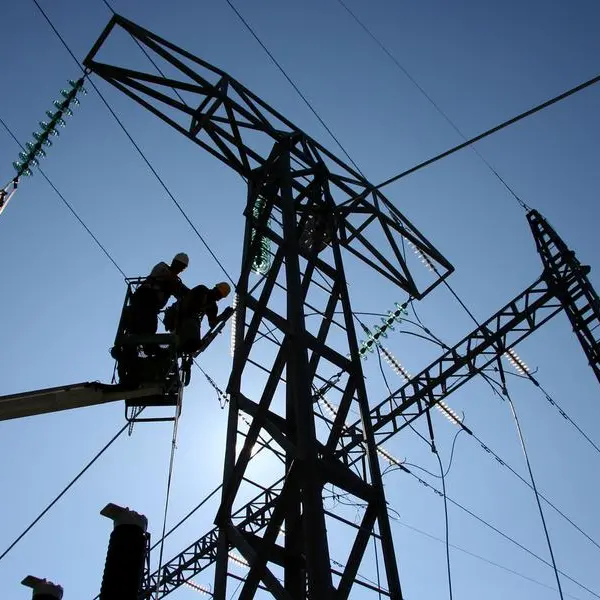PHOTO
Mahmoud Mohieldin, UN Climate Change High Level Champion for Egypt and UN Special Envoy on Financing 2030 Sustainable Development Agenda, said that COP27 in Sharm El Sheikh was concerned not only with mobilizing funds for climate action, but also with identifying projects to direct funds to for on-the-ground implementation.
During his participation in the LSEG webinar entitled “What to Expect from COP28,” Mohieldin added that COP27 gave climate finance significant attention. The conference discussed ways to reform international financial institutions (IFIs) and multilateral development banks (MDBs) to enhance their role in financing climate action, reduce the risks of financing and investing in climate and development projects in developing countries, and help these countries develop enabling policies and regulatory frameworks that encourage private sector and corporates to participate in financing and implementing climate action.
In addition to its interest in mobilizing adequate and fair finance for climate action, Mohieldin explained that the conference was also interested in finding investable, bankable, and implementable climate and development projects at the regional and local levels. This was achieved through the Regional Platforms for Climate Projects launched by the Egyptian presidency of the conference in cooperation with the UN regional commissions and High Level Champions (HLCs), and the National Initiative for Smart Green Projects (NISGP) presented by Egypt during the conference as a model for localizing climate and development action through projects based mainly on sustainability and advanced technology.
Mohieldin stated that COP27 focused on activating innovative finance mechanisms and debt-for-nature swaps, as well as the importance of establishing carbon markets in developing countries to help them finance their climate and development action. He pointed to the launch of the African Carbon Markets Initiative (ACMI) during the conference, which has witnessed significant growth and momentum in recent months.
Mohieldin noted the role he played as a facilitator of the second replenishment process of the Green Climate Fund during the last period, which saw an increase in the number of countries contributing to the fund’s financing despite the economic challenges facing the world. He also referred to his work and coordination with the Glasgow Financial Alliance for Net Zero (GFANZ), which was launched during COP26, to enhance the regional dimension of climate action through the launch of the GFANZ Africa Network and partnerships with regional financing institutions such as the African Development Bank (AfDB) with the aim of contributing to financing climate projects in Africa.
Regarding COP28, Mohieldin explained that the UAE Presidency of the conference is focused on accelerating the just energy transition to achieve the agreed-upon emission reduction targets for 2030. The conference is also concerned with placing nature and people at the heart of climate action by promoting investments in nature and biodiversity projects, as well as investment in human capital and capacity building.
He added that the Dubai conference seeks to achieve inclusiveness by involving all relevant actors and sectors in planning and implementing climate action. The conference also pays attention to climate finance by stressing the need to fulfill financial commitments and pledges, as well as the necessity to strengthen the role of the private sector and philanthropies in financing and implementing climate action.
Mohieldin said that the conference will witness, within its outcomes, the announcement of the results of the Global Stocktake (GST), which will help all actors to identify what has been achieved and what needs to be focused on during the coming period. He explained that the world must race against time to reduce carbon emissions by half by 2030 through implementing a just energy transition, which includes phasing out dirty energy resources such as coal, oil, and gas, and investing in renewables, while taking into account the socioeconomic impact of this process.
Mohieldin stated that implementing climate action in developing countries requires mobilizing $2.4 trillion a year, of which $1.4 trillion is from domestic funding resources, $500bn from the private sector, $300bn from MDBs, and about $200bn from concessional financing.
He explained that the above emphasizes the important role of the private sector and corporates in financing and implementing climate action. There is a need to develop environmental, social, and governance (ESG) criteria to prevent greenwashing, guided by the recommendations of the relevant UN and international reports to ensure transparency and disclosure. There is also a need to guide small and medium-sized enterprises (SMEs) with regard to their environmental and climate performance.
© 2022 Daily News Egypt. Provided by SyndiGate Media Inc. (Syndigate.info).





















